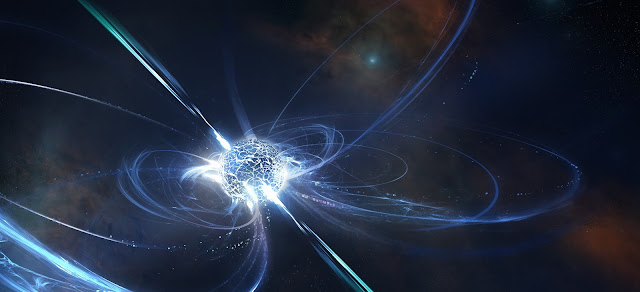Introduction to Artificial Intelligence
Artificial Intelligence Introduction
 The term Artificial Intelligence was first coined by the scientist John Maccarthy in 1955 at Dartmouth Conference. J. Maccarthy proposed, "Every aspect of learning or any other feature of intelligence can in principle be so precisely described that a machine can be made to simulate it. An attempt will be made to find how to make machines use language, form abstraction and concepts, solve kinds of problems now reserved for humans, and improve themselves.", in simpler language A.I. is machine which is capable of solving problems that are usually solved by humans and can gather information and learn from it.
The term Artificial Intelligence was first coined by the scientist John Maccarthy in 1955 at Dartmouth Conference. J. Maccarthy proposed, "Every aspect of learning or any other feature of intelligence can in principle be so precisely described that a machine can be made to simulate it. An attempt will be made to find how to make machines use language, form abstraction and concepts, solve kinds of problems now reserved for humans, and improve themselves.", in simpler language A.I. is machine which is capable of solving problems that are usually solved by humans and can gather information and learn from it.
In 1955 there were 7 aspects of A.I, now we have more but these are the original ones:
1) Simulating higher function of the human brain.
2) Programming a computer to use general language.
3) Arranging hypothetical
neurons in a manner so that they can form concepts.
4) A way to determine and measure problem complexity.
5) Self-improvement.
6) Abstraction Defined as the quality of dealing with ideas rather than events.
7) Randomness and creativity.
Till now we have completed the first five to some degree while Randomness and Creativity is the part we have just started exploring.
There are two basic types of A.I.:
1) Weak A.I.
2) Strong A.I.

Weak A.I:
It is a system that behaves like a human but does not give us the insight of how the human brain works. IBM's Deepblue is one of the prime examples. It is a chess playing A.I., since chess has limited number of moves hence the A.I. processes all the possible combinations before actually playing the move on the board.
Strong A.I.:
These are A.I. which builds systems which work in a sync and simulate the thinking of a human brain, but these are right now just theorized and under research.
 Artificial general intelligence, a hypothetical machine that exhibits behavior at least as skillful and flexible as humans do, and the research program of building such an artificial general intelligence
Artificial general intelligence, a hypothetical machine that exhibits behavior at least as skillful and flexible as humans do, and the research program of building such an artificial general intelligence
Computational theory of mind, the philosophical position that human minds are, in essence, computer programs. This position was named "strong AI" by John Searle in his Chinese room argument.
Artificial consciousness, a hypothetical machine that possesses awareness of external objects, ideas and/or self awareness.
But there is a new mid-way A.I, this system is inspired by human reasoning but doesn't have to stick to it i.e. it can gather data, recognizes patterns and gives us a solution. IBM Watson is such an example. Similar is google's deep-learning it uses nodes which act as artificial neural networks but does not strictly follows its functions. Neural network is a subset of machine learning.
There are two basic types of A.I.:
1) Weak A.I.
2) Strong A.I.

Weak A.I:
It is a system that behaves like a human but does not give us the insight of how the human brain works. IBM's Deepblue is one of the prime examples. It is a chess playing A.I., since chess has limited number of moves hence the A.I. processes all the possible combinations before actually playing the move on the board.
Strong A.I.:
These are A.I. which builds systems which work in a sync and simulate the thinking of a human brain, but these are right now just theorized and under research.
 Artificial general intelligence, a hypothetical machine that exhibits behavior at least as skillful and flexible as humans do, and the research program of building such an artificial general intelligence
Artificial general intelligence, a hypothetical machine that exhibits behavior at least as skillful and flexible as humans do, and the research program of building such an artificial general intelligenceComputational theory of mind, the philosophical position that human minds are, in essence, computer programs. This position was named "strong AI" by John Searle in his Chinese room argument.
Artificial consciousness, a hypothetical machine that possesses awareness of external objects, ideas and/or self awareness.
But there is a new mid-way A.I, this system is inspired by human reasoning but doesn't have to stick to it i.e. it can gather data, recognizes patterns and gives us a solution. IBM Watson is such an example. Similar is google's deep-learning it uses nodes which act as artificial neural networks but does not strictly follows its functions. Neural network is a subset of machine learning.


Comments
Post a Comment